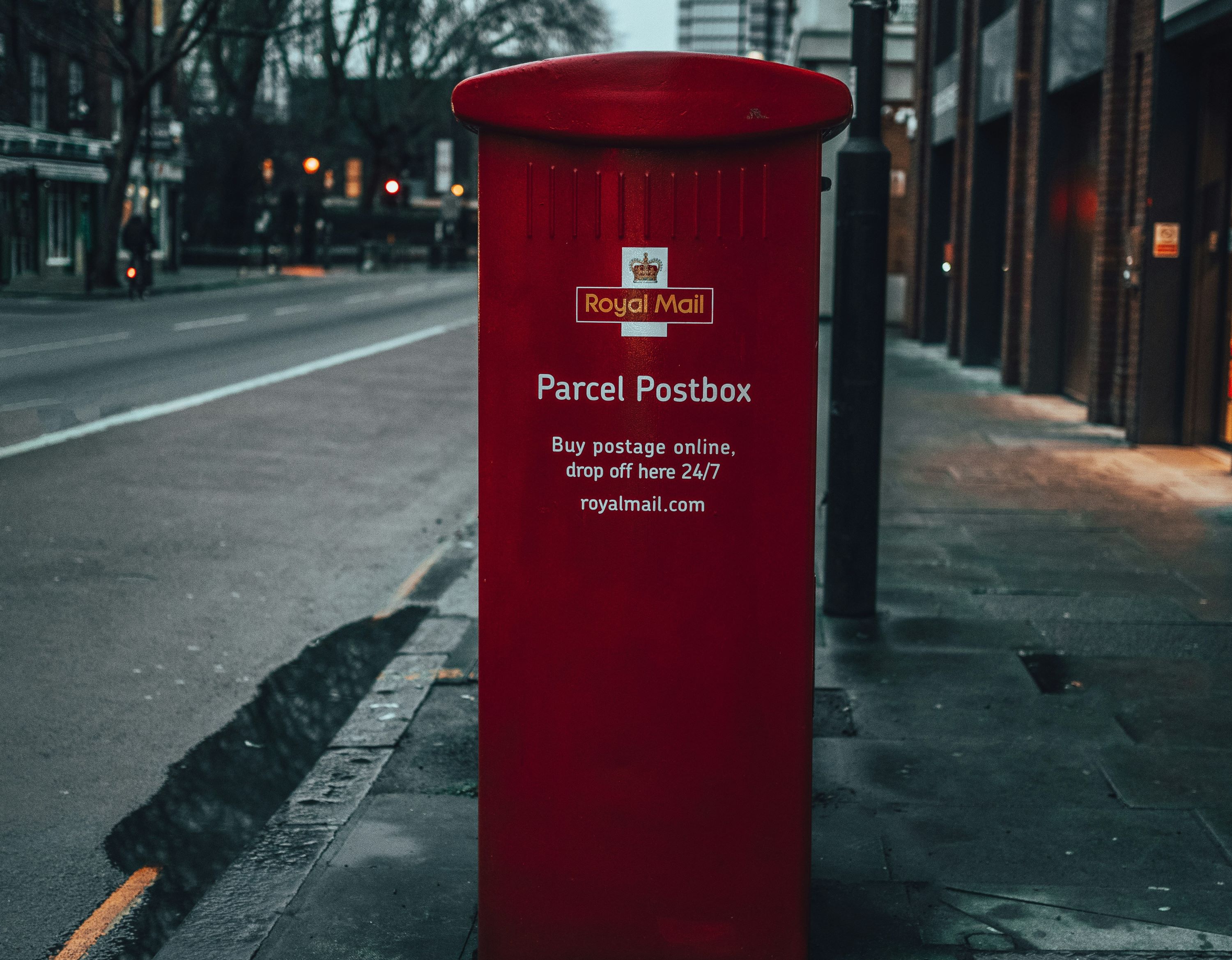Royal Mail Passes Into Foreign Ownership
The UK government has approved Czech billionaire Daniel Kretinsky’s £5.3bn bid to acquire International Distribution Services (IDS), the parent company of Royal Mail. This decision transfers the once state-owned postal service into foreign hands, marking a significant milestone for the embattled company.
Business Secretary Jonathan Reynolds hailed the agreement as a step towards ensuring a “financially stable Royal Mail”, reflecting the government’s intent to work collaboratively with businesses.
Key Terms of the Deal
- Golden Share: The UK government will retain a “golden share”, granting special rights over the company’s governance to protect key interests.
- Union Agreements: Kretinsky’s EP Group has secured agreements with the Communications Workers Union (CWU) and Communication Managers’ Association, although these remain subject to further approvals.
- Regulatory Commitments: EP Group has pledged to uphold Royal Mail’s delivery obligations, addressing concerns that have long hindered the service.
Challenges Ahead for Royal Mail
Royal Mail continues to struggle with poor performance and rising operational costs:
- Delivery Failures: In 2024, only 74.7% of first-class mail was delivered within one working day, far below the target of 93%. Second-class mail also underperformed, with 92.7% delivered within three days, against a 98.5% target.
- Regulatory Fines: Earlier this month, Royal Mail was fined £10.5m by Ofcom for failing to meet delivery targets.
- Modernisation Push: Kretinsky has pledged to modernise Royal Mail, addressing inefficiencies and strained labour relations.
Investment and Financial Implications
- For Investors:
- The acquisition signals potential long-term growth opportunities as Kretinsky focuses on modernising operations and improving efficiency.
- However, investors should remain cautious given the company’s ongoing challenges with performance and regulatory compliance.
- For the High Street:
- A revitalised Royal Mail could benefit high street businesses reliant on affordable and reliable postal services, especially small retailers adapting to the rise of e-commerce.
- Strikes or disruptions stemming from union negotiations could have ripple effects on local businesses.
- For the Public:
- Improved delivery performance could enhance consumer confidence, particularly for time-sensitive parcels.
- However, the shift to foreign ownership may raise questions about long-term service priorities and public accountability.
What’s Next?
Kretinsky’s track record with UK investments, including stakes in J Sainsbury and West Ham United, underscores his strategic focus on turning around underperforming assets. His success in modernising Royal Mail will depend on balancing labour relations, addressing inefficiencies, and meeting regulatory demands.
For the UK public and high street, the coming years will reveal whether the £5.3bn investment leads to a more competitive and reliable postal service or further challenges for this vital institution.
Source: (FT.com)

